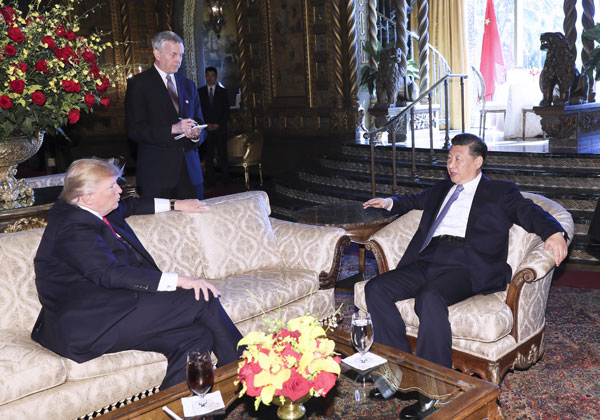
Jared McKinney, PhD student, S. Rajaratnam School of International Studies
Oct 30, 2018
Though it might be simple for China to wait out the Trump presidency in order to make a new trade deal with a new president, it would not be in its best interest to do so. From reforming issues like state-subsidies, intellectual property and legal reciprocity to strengthening the relationship between China and the U.S., it is evident that waiting carries more risk than opportunities.

Doug Bandow, Senior Fellow, Cato Institute
Aug 17, 2018
Relations between China and much of the West appear to be moving in reverse. The PRC risks losing its best friends abroad.
Kemel Toktomushev, Research Fellow, University of Central Asia
Jul 14, 2015
Neighbourhood diplomacy is becoming a foreign policy priority for official Beijing, and demonstrates that China is willing to undertake the role of mediator in Afghanistan and accelerate regional efforts to bring all relevant parties to the negotiating table.
Ben Reynolds, Writer and Foreign Policy Analyst in New York
Jan 22, 2015
Strained relations between the Uyghur community in Xinjiang and the Chinese government have led to increasing instability, which hinders China’s larger goals to increase trade with Central Asia and the Middle East. China's New Silk Road strategy may provide an opportunity for the CCP and Uyghur leaders to strike an uneasy bargain, albeit one that can halt the cycle of repression and retaliatory violence.
Nov 18, 2014
Last week’s APEC summit in Beijing served as a major coming-out party for President Xi Jinping’s “one belt, one road” plan: the Silk Road Economic Belt and
Oct 22, 2014
WHEN five assailants armed with long knives started murdering bystanders at a railway station in the south-western Chinese city of Kunming on March 1st, the fir
Wang Zhen, Professor and Deputy Director, Institute for International Relation Studies, Shanghai Academy of Social Sciences
May 29, 2014
In the face of the international terrorist organizations’ threats to the international community, China and the US need to assume responsibilities, and join hands in a new round of cooperation, writes Wang Zhen.
Franz-Stefan Gady, Associate Editor, Diplomat
May 28, 2014
The recent spate of high-profile attacks against Chinese citizens at train stations shows a genuine and ongoing security problem that China must address more aggressively.
Fu Xiaoqiang, Vice President, China Institutes of Contemporary International Relations
May 26, 2014
Fu Xiaoqiang explains that terrorist groups in China now pose a more acute risk as their network and capacity has expanded. Rather then inadvertently encouraging separatist and extremist groups in China, and being swayed by power politics, the United States should leverage common security goals and collaborate with China in fighting global terrorism.
Dan Steinbock, Founder, Difference Group
Apr 25, 2013
The concern over terrorism is the least common denominator among advanced and emerging economies. Unipolar responses are no longer effective, as evidenced by the Boston marathon bombings. Multipolar counter-terrorist cooperation is essential to peaceful global order.
Back to Top

- China-US Focus builds trust and understanding between the U.S. and China through open dialogue among thought leaders.
- Our Offerings
- Topics
- Videos
- Podcasts
- Columnists
- Research Reports
- Focus Digest
- Stay Connected
-
Thanks for signing up!
- Get the latest stories from China-US Focus weekly.